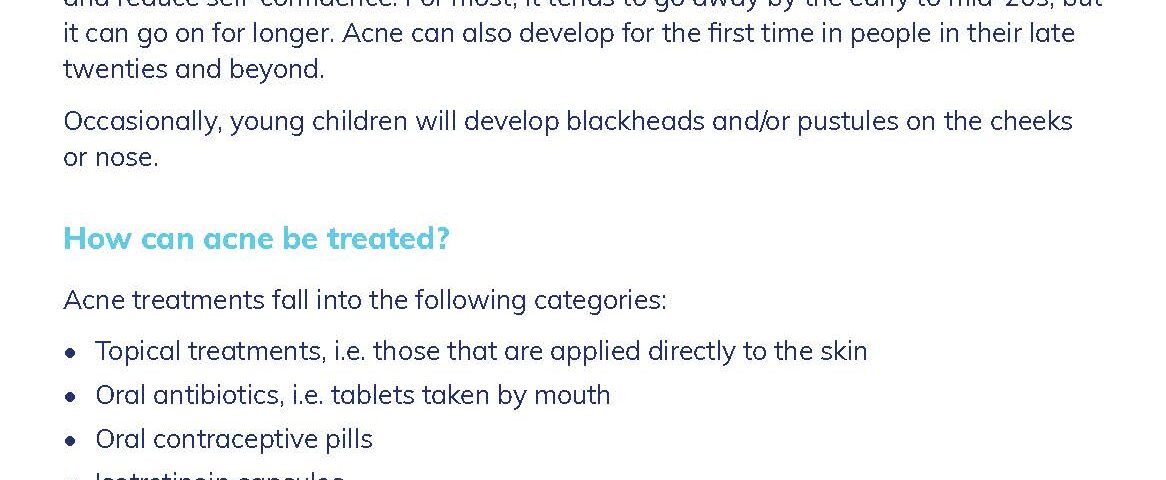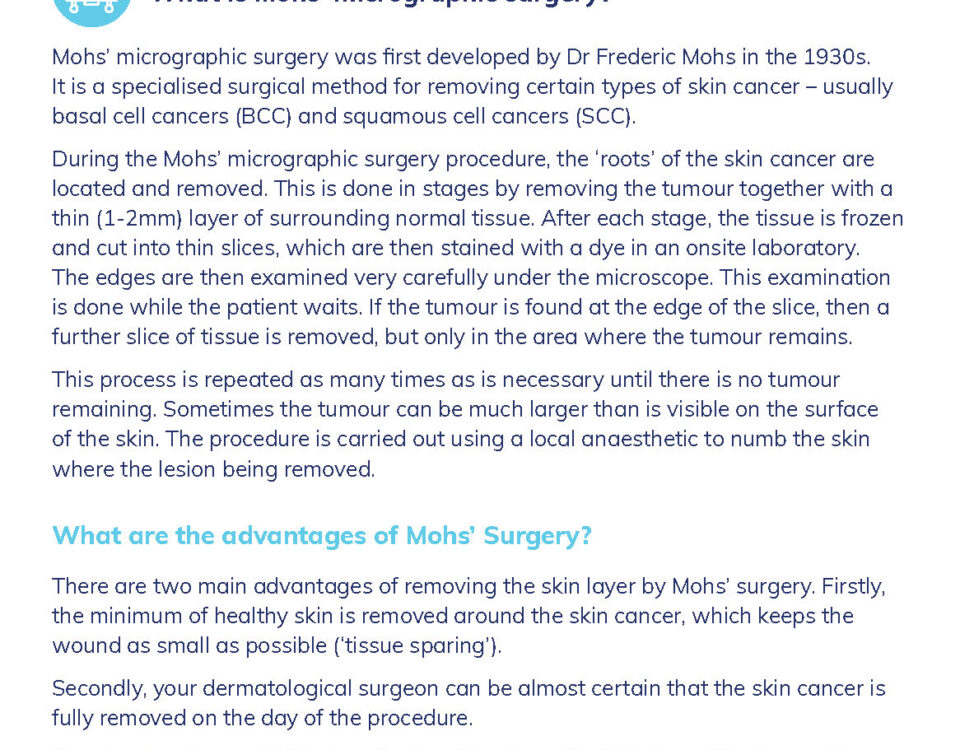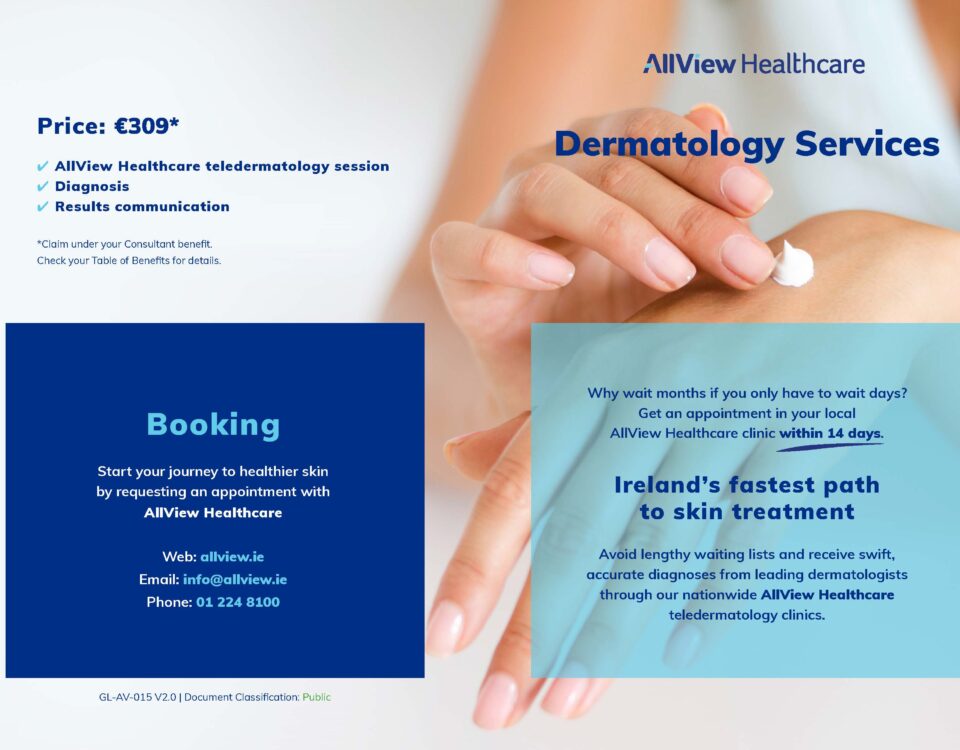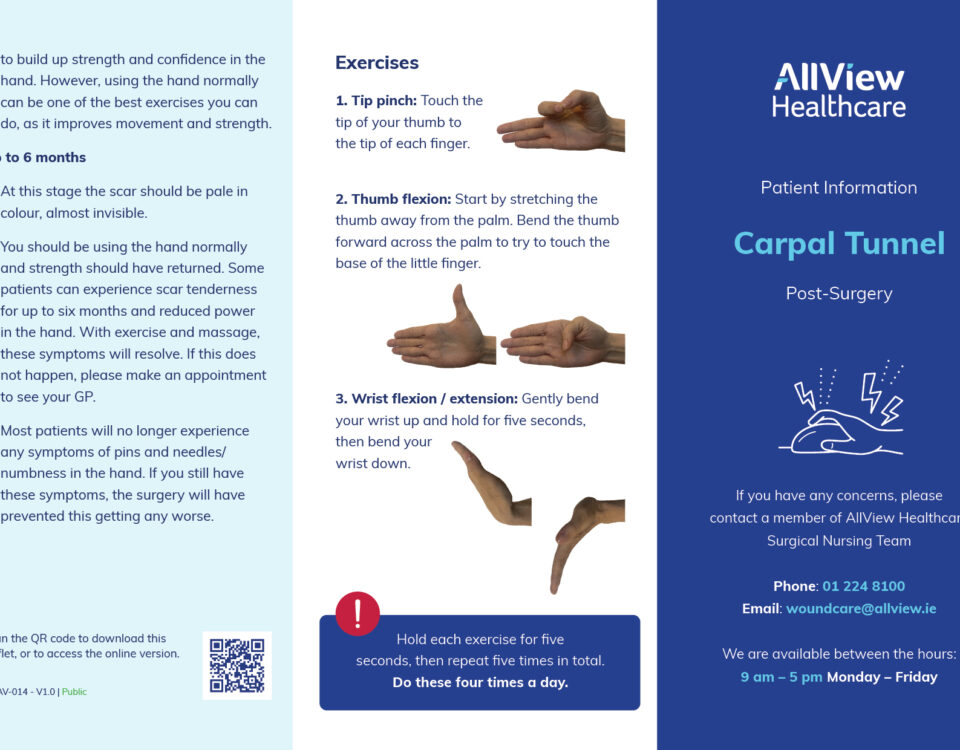Isotretinoin Treatment for Acne

Patient Information
Isotretinoin Treatment for Acne
What is acne?
Acne is a very common skin condition identified by the presence of comedones (blackheads and whiteheads) and pus-filled spots (pustules). It usually starts during puberty.
Acne ranges from a few spots on the face, neck, back and chest, which most teenagers will have at some time, to a more severe problem that may cause scarring and reduce self-confidence. For most, it tends to go away by the early to mid-20s, but it can go on for longer.
Acne can also develop for the first time in people in their late twenties and beyond.
Occasionally, young children will develop blackheads and/or pustules on the cheeks or nose.
How can acne be treated?
Acne treatments fall into the following categories:
- Topical treatments, i.e. those that are applied directly to the skin
- Oral antibiotics, i.e. tablets taken by mouth
- Oral contraceptive pills
- Isotretinoin capsules
- Other treatments
Isotretinoin
- This is a highly effective treatment for severe or persistent acne and the improvements can be long-lasting in those who complete a course of treatment. It does, however, have the potential to cause a number of serious side effects and can be prescribed only under the supervision of a consultant dermatologist.
- Most courses of isotretinoin last for six to nine months during which time the skin usually becomes dry, particularly around the lips. Regular application of a lip balm can be helpful. Often, acne becomes a little worse for a few weeks before improvement occurs. The improvement is progressive throughout the course of treatment, so do not be disappointed if progress seems slow.
- Isotretinoin can harm an unborn child. The government medicine safety agency (MHRA) has strict rules for doctors prescribing this medicine. Women enrol in a pregnancy prevention programme and need to have a negative pregnancy test prior to starting treatment. Pregnancy tests will be repeated every month during treatment and five weeks after completing the course of treatment. Effective contraception must be used for at least four weeks before treatment, whilst on treatment, and for at least four weeks afterwards.
- Since it was first approved for treating acne in the 1980s, concerns have been raised that isotretinoin may cause depression and suicidal feelings. These reports must be considered in the context of elevated rates of depression and suicide in acne sufferers independent of isotretinoin therapy, so this can be complicated. Regulatory bodies, such as the MHRA (and the FDA in the United States) periodically review new data submitted by clinicians, pharmacists and patients. To date, a causal link between isotretinoin and psychiatric adverse effects has not been confirmed.
- As a precaution, any personal or family history of low mood, depression or other mental illness must be disclosed to your dermatologist prior to consideration of isotretinoin therapy, and you may be asked to see a psychiatrist before any treatment is commenced to determine if it is safe for you to proceed. Letting close friends and family know about your treatment provides an opportunity to flag any changes in your mood that must be reported to your doctor without delay.
- It should be emphasised that many thousands of people have benefited from treatment with isotretinoin without serious side effects.
How can I decide whether I want to take isotretinoin?
You should read this patient guide carefully and ask any questions you have before deciding whether you want to take isotretinoin. You should give your dermatology healthcare professional all the information they need about treatments you have already tried, how the acne affects you, possible plans for pregnancy, other medical problems and any history of mental health problems. This will help your dermatology healthcare professional decide with you whether isotretinoin is the best treatment for you.
Our Consultant Dermatologist deemed that you are a potential candidate for isotretinoin therapy.
To establish if you are suitable to commence the treatment, we will require you to:
- Read through this leaflet.
- Have your first round of bloods with your GP.
- Blood tests required: FBC (full blood count), Renal panel, Liver panel, Lipids panel – fasting.
- Fill the Becks depression questionnaire that will be given to you in our clinic. This will determine if more assessments are required before receiving your first prescription.
- For female patients ONLY: discuss the most suitable contraception method with your GP and be on the second month of contraception when presenting to the Consultant appointment.
- For female patients ONLY: agreeing to perform a pregnancy test in our clinic.
Only when ALL the above boxes are ticked, our Consultant Dermatologist will be in the position to decide if the isotretinoin therapy is the best option for your skin condition. This will be discussed with you during the consultation.
Self-care
What can I do in the meantime?
- Try not to pick or squeeze your spots as this usually aggravates them and may cause scarring and infection.
- If your self-confidence has been affected by acne or if you are feeling distressed, it is important to reach out to others for support. This includes friends, family members and support groups. You may also be able to access a counsellor through school, college, or work.
- Let your GP or Dermatologist know if your acne is making you feel depressed or anxious. They will be able to speak with you about how you are feeling and help you to form a treatment plan, which may involve input from other specialists, such as psychologists or psychiatrists, if necessary.
- However your acne affects you, it is important to take action to control it as soon as it appears. This helps to avoid permanent scarring and reduces embarrassment. If your acne is mild, it is worth trying over-the-counter preparations in the first instance. Ingredients like salicylic acid or benzoyl peroxide can be helpful. Your pharmacist will advise you.
- Expect to use your treatments for at least two months before you see much improvement. Make sure that you understand how to use them correctly, so you get the maximum benefit.
- Some topical treatments may dry or irritate the skin when you start using them. If your face goes red and is irritated by a lotion or cream, stop treatment for a few days and try using the treatment less often and then building up gradually.
- Make-up may help your confidence. Choose products that are labelled as being ‘non-comedogenic’ (should not cause blackheads or whiteheads) or non-acnegenic (should not cause acne).
- Cleanse your skin and remove make-up with a gentle cleanser and water, or an oil-free soap substitute. Scrubbing too hard can irritate the skin and make your acne worse. Remember blackheads are not due to poor washing.
- Think about whether you get more spots after consuming high GI foods or dairy. If something seems to consistently trigger a breakout, what happens when you don’t have that food or drink for a few days, weeks or a month? Discuss with your doctor before permanently cutting any foods out of your diet as this can lead to nutritional deficiencies. Whilst diet may play a role in causing your spots, keeping your skin clear usually requires more than a diet change.
Please get in touch for any queries on your report and the above information.
Email [email protected] | Phone 01 224 8100
Download the leaflet
Please click here to download the information above in a PDF format.


